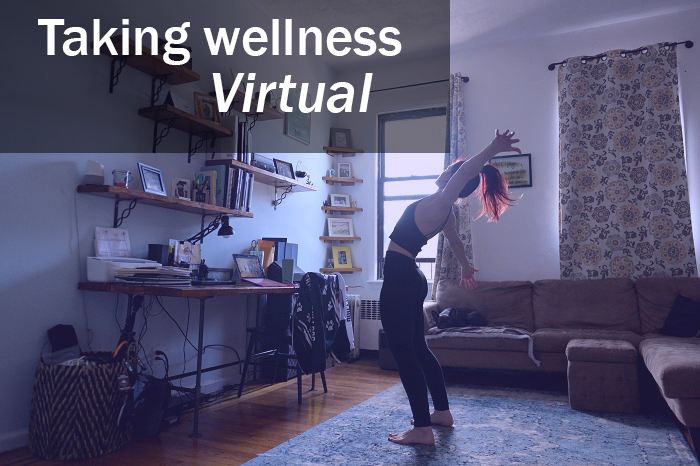When employers in late spring made the instant switch to a majority remote workforce, few thought that five months later and approaching the last few weeks of summer, we’d still be here.
But COVID-19 has been the accelerator for the future of work initiatives HR has been looking to put in place: increased use of AI/robots, remote work and the increased adoption of HR tech in the workplace, said Jeanne Meister, founding partner of HR advisory and research firm Future Workplace.

There have been some particularly big evolutions in remote work since the initial stages of the pandemic, she added Monday, speaking during an #AskHRE live stream discussion.
“Now, about 88% of us that can work remote are working remote,” Meister said. “We may be having Zoom fatigue, but we’re being productive, and I think the main ‘Aha’ is it’s impacting everyone from the CEO down to all levels.”
Companies and leaders are starting to question whether a lot more of the workforce can be remote, she added, noting that Nationwide Insurance announced it is going remote, following such big tech titans as Twitter and Google.
The leading HR teams are investing in technologies, Meister added, to support those shifts.
Find all our COVID-related remote coverage here
“They have to be sure, for those of us working remotely, you have the optimal tech to do your job,” she said. “But going one step further, I’ve seen companies take the processes they took for granted and [look at] how does working remotely change that?”
For example, in the pre-COVID era, an employee journey mapping session would have included employees huddling in a room with a whiteboard and sticky notes. “But that hasn’t been possible for five months, and who knows when it will be?” she said.
Employees are now using visual tools that give them the ability to conduct collaboration sessions with a big team, she noted, and remote work is forcing HR executives to really explore the tools they should have been using in the first place.
“Never waste a good crisis,” she said. “We’re seeing innovation pop up in new ways.”
Taking Wellness Virtual
“I definitely swapped the time I spent huddling through airports to time spent in front of my PC,” added Alison Stevens, director of HR services at Paychex.
At Paychex, the company has placed a lot of recent emphasis on wellbeing, she noted. “We’ve been spending a lot of time ensuring our employees have access to the tools and information for their family: from EAP access to lunch-and-learns on financial wellbeing. Maybe not just on being a better employee, but on overall wellbeing.”
The focus on wellbeing has moved from the individual employee to the family unit, Meister said, dovetailing on Stevens’s comments. She pointed to recent moves from Microsoft offering employees pandemic leave–extra time to deal with situations in their personal life. “But I think what’s really wonderful is so many employers are looking at wellbeing in the total family point-of-view, and that’s so important.”
Stevens said the company has fielded many client inquiries about employees asking for added support and leave for personal situations involving children and aging parents.
“I couldn’t help but think how we’re talking about this focus on wellbeing, but also the change of how we’re approaching leadership,” she added. “[HR was first focused on] how to be a good remote manager, but now I think it is how do be an effective leader, period.”
And this focus on wellness and engagement isn’t going to end anytime soon.
“Health, safety and wellbeing continue to be top mind,” Stevens said. “[Employer] clients are focused on actions to take to provide high levels [of support] for employees to help keep them productive, engaged and run business to the best extent possible.”



